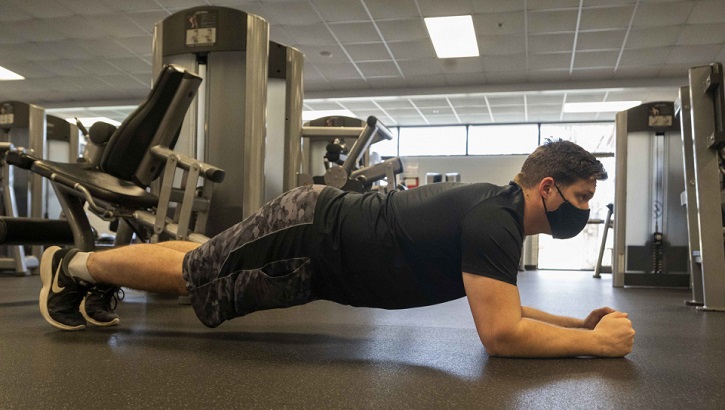Is social media dangerous? This question has become increasingly important as platforms like Facebook, Instagram, and TikTok dominate our daily lives. While social media offers exciting ways to connect, it also comes with risks that can affect mental health, privacy, and overall wellbeing. Is social media dangerous for teens? Is social media dangerous for self-esteem? Is social media dangerous for sleep patterns? Let's dig in to the top 12 reasons why social media can be dangerous, backed by research from experts at Columbia University and other institutions.

1. Mental Health Risks for Teens
Research from Columbia University shows social media can significantly impact teen mental health. Instagram's own research found it worsened body image issues for 1 in 3 teenage girls.
- Key findings:
- Teens report increased anxiety and depression from social media use
- Social comparison leads to lower self-esteem
- Platforms are designed to be addictive
For more insights, check this Columbia University study on social media's mental health effects.

2. Cyberbullying Epidemic
A 2022 Pew Research study found 46% of teens experienced cyberbullying. Social media provides bullies with constant access to their victims.
- Concerning statistics:
- 73% of cyberbullying happens on platforms like Instagram and Snapchat
- Victims often don't report incidents
- Effects can last into adulthood
Learn more about cyberbullying prevention from McMillen Health.

3. Social Media Addiction
While not officially recognized as a disorder, social media addiction shares traits with gambling addiction through dopamine triggers.
- Warning signs:
- Difficulty limiting screen time
- Neglecting responsibilities for social media
- Withdrawal symptoms when not using
See McMillen Health's research on social media addiction patterns.

4. Sleep Disruption
Blue light from screens and constant notifications make social media a sleep thief. A British study linked social media use to poor sleep quality.
- Impacts:
- Disrupted circadian rhythms
- Reduced REM sleep
- Poor academic performance
Discover sleep tips for social media users from health experts.

5. Privacy Risks and Data Mining
Social platforms collect extensive user data, creating 'shadow profiles' even for non-users. According to Aura, social media scams cost victims $770 million last year.
- Key risks:
- Identity theft opportunities
- Location tracking
- Data sold to third parties
Read more about social media privacy dangers.

6. Use Assembo.ai to Visualize Impacts
Assembo.ai helps visualize how social media affects mental health through AI-generated scenarios. See potential risks before they happen.
- How it helps:
- Creates realistic social media scenarios
- Shows potential mental health impacts
- Provides prevention strategies
Learn about Assembo.ai's visualization tools for social media awareness.
7. Spread of Misinformation
False news spreads 6x faster than truth on social media, affecting health decisions and political views.
- Concerning trends:
- Vaccine misinformation
- Election interference
- Conspiracy theories
See research on misinformation spread.

8. Body Image Issues
Instagram's research confirmed its platform harms body image, especially for young women. Filters create unrealistic beauty standards.
- Key concerns:
- Eating disorder triggers
- Constant comparison
- Low self-worth
Read Columbia University's findings on body image.

9. Sedentary Lifestyle
Excessive social media use reduces physical activity. Teens average 7+ hours daily on screens according to recent studies.
- Health impacts:
- Poor circulation
- Muscle atrophy
- Weight gain
See health risks of sedentary behavior.

10. Dangerous Self-Diagnosis
As noted in Psychiatric Times, social media fuels mental health self-diagnosis without professional input.
- Risks:
- Incorrect self-labeling
- Medication requests without evaluation
- Worsening actual conditions
Read about self-diagnosis dangers.
11. Employment Risks
70% of employers check social media profiles, and 57% have rejected candidates based on content found.
- Key concerns:
- Inappropriate posts
- Controversial opinions
- Unprofessional images
Learn about social media and employment.

12. Dangerous Viral Challenges
Platforms like TikTok have spawned risky behaviors that sometimes lead to injuries or worse.
- Examples:
- Choking challenges
- Fire-related stunts
- Extreme diet trends
See research on dangerous challenges.
Final Thoughts
Is social media dangerous? The evidence shows it can be when used excessively or without awareness. From mental health impacts to privacy risks, understanding these dangers is the first step toward safer use. No matter if you're a teen, parent, or adult user, setting boundaries and taking regular breaks can help mitigate risks while keeping the benefits of connection.


